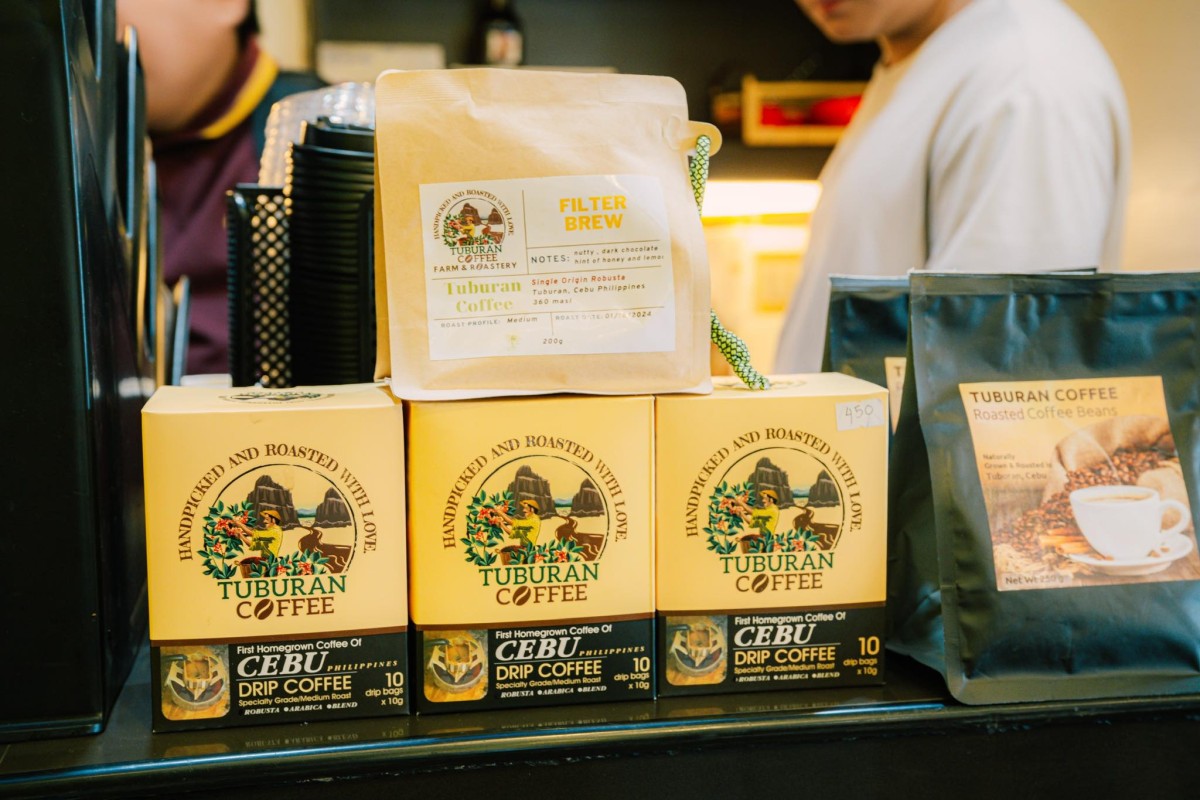CEBU CITY, Cebu (PIA) -- The Tuburan Coffee Farm in Tuburan, Cebu is now one of the farm school establishments of the Technical Education And Skills Development Authority (TESDA) in the province.
This after the farm was accredited as a Learning Site for Agriculture (LSA) by the Agricultural Training Institute (ATI) Region 7.
The Municipality of Tuburan is considered to be the first supplier of homegrown coffee in the province.
With ATI’s accreditation, the coffee farm officially opens its doors to sectors who wish to learn more about growing and processing of coffee.
Coffee farming
Established in 2012, the coffee farm was able to sell and market its Tuburan Coffee products by 2018.
In 2019, the Tuburan Coffee Farm was the first farm to be accredited as Plant Nursery Operator for Coffee in the region by the Department of Agriculture 7.
The coffee farm, which is the brainchild of Tuburan Mayor Democrito Diamante, was later accredited by the Bureau of Plant and Industry as the only supplier of coffee seedlings in Cebu.
In 2023, the National Anti-Poverty Commission cited the coffee industry development program in Tuburan as a poverty reduction measure that can be replicated by other local government units.
Diamante has been promoting his constituents to engage in coffee farming as their main source of livelihood.
As of 2023, the town has around 2,000 coffee farmers.
“Naka-focus ko karon sa agriculture, himuon nako ang Tuburan nga organic town in the next five years,” said Diamante during a recent briefing attended by the members of Cebu Association of City and Municipal Public Information Officers hosted by Tuburan.
(I am focusing on agriculture. I will make Tuburan an organic town in the next five years.)
The farm operates on good farming practices with the assistance of the government agencies and uses organic farm products.

Poverty reduction
According to Maria Judel Montebon, a staff at theTuburan Coffee Farm, the livelihood of the residents living near the coffee farm used to be charcoal.
But charcoal is not environmentally-friendly, so the municipality redirected the livelihood of the residents and introduced them to coffee farming.
Diamante recalled that the poverty incidence in Tuburan in 2010 was at 45.90 percent.
It was drastically reduced to 24. 14 percent in 2018, which he attributes to coffee farming.
The drop in their poverty incidence pushed the municipal government to reposition their cash assistance to capitalization for livelihood for a more sustainable source of income for local households.
“I-empower nato sila. Himoang entrepreneur, ato silang tudloan imbis na dole-out,” the mayor said.
(Let’s empower them and teach them to become entrepreneurs instead of just relying on dole-outs.)
He said that residents were resistant to this move at first, but by educating them on the gains of the more sustainable livelihood, they eventually became open to becoming coffee planters.
The municipal government aims to provide livelihood opportunities to at least 80 percent of its population.
Tuburan is a second class municipality located 83.6 kilometers from the capital Cebu City. (JJT/PIA7)




